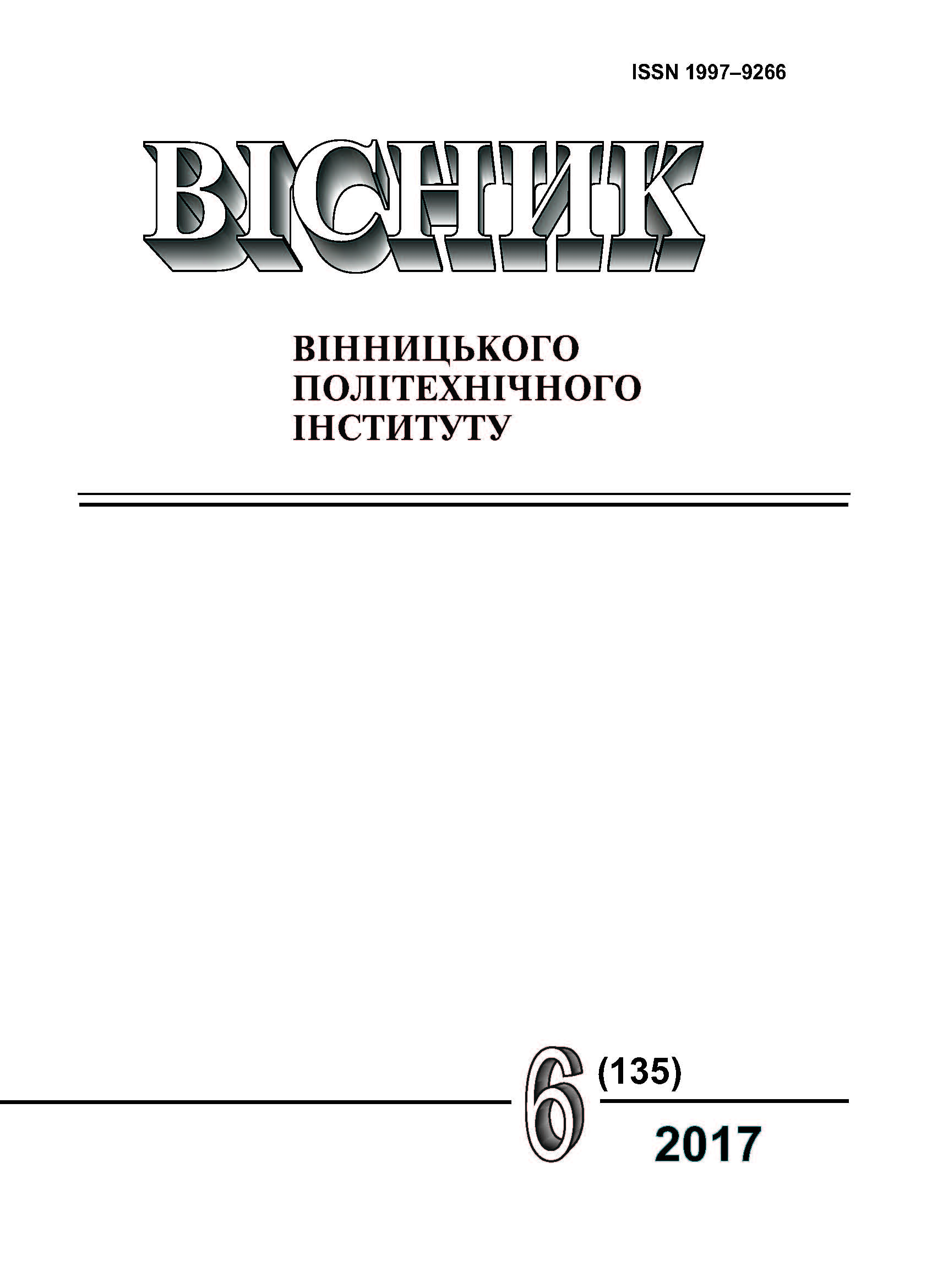Strategies of Professional Competence Formation of Tourist Experts in the Process of Studying Foreign Languages
Keywords:
integration processes, professional competence, macrostrategy, professional training, tourist industry, foreign language for special purpose, foreign-language communicative abilities, communicative approach, experts in tourismAbstract
On the base of analysis of psychological and pedagogical literature as well as practical experience in training specialist in the sphere of tourism the paper assumes that the need of touristic sphere in creative personality and competent specialist is the incessant strive to personal growth is extremely high, therefore the key objectives of touristic sphere is improvement of training under conditions of continuous education, ensuring the inclusive development of the specialist, formation of skills for cross-cultural communication with the representatives of other nations. It had been determined that the professional competency of the specialist in the travel industry sphere is the integrative property which combines the level of mastering professional knowledge, skills and shall be considered as the process of conscious operational control and behavior relevant to universal human values.
The paper also analyses the significance of professionally oriented foreign language for specialist in the travel industry sphere. There had been described the formation of linguistic communicative skills, improvement of process for formation of foreign language competency which is an integral component of fully realized professional specialists training in the travel industry sphere. The research substantiates that the introduction of communicative approach becomes possible due to the use of makrostrategies which stipulate for the principle aspects of this approach.
References
2. Земліна Ю. В. Організація експериментальної роботи з формування професійної готовності майбутніх фахівців з туризму [Електронний ресурс] / Ю. В. Земліна // Сучасні інформаційні технології та інноваційні методики навчання у підготовці фахівців : методологія, теорія, досвід, проблеми. — 2013. — Вип. 35 — С. 247—252. — Режим доступу: http://nbuv.gov.ua/UJRN/Sitimn_2013_35_54
3. Лозовецька. В. Т. Теоретичні і практичні засади застосування компетентнісно-діяльнісного підходу у підготовці фахівця туризму / В. Т. Лозовецька // Туристична освіта в Україні: проблеми і перспективи : зб. наук. пр. — К.-Тонар, 2007. — Вип. 1. — С. 28—35.
4. Федорченко В. К. Теоретичні та методичні засади підготовки фахівців для сфери туризму : монографія / В. К. Федорченко. — К. : Слово, 2004. — 471 с.
5. Квартальнов В. А. Теория и практика туризма : учебник / Квартальнов В. А. — М. : Финансы и статистика, 2003. — 672 с.
6. Фоменко Н. А. Педагогіка вищої школи: методологія, стандартизація, туристська освіта / Н. А. Фоменко — К.: Слово, 2005. — 215 с.
7. Цехмістрова Г. С. Діагностика якості процесу навчання при підготовці фахівців для сфери туризму / Г. С. Цехмістрова // Педагогіка і психологія професійної освіти. — 2002. — № 1. — С. 179—187.
8. Cherniy G. Language learning internet technologies for future specialist of tourism / Gherniy Galina // Scientific Letters of Academic Society of Michal Baludansky. — Kosice, 2013. — Vol. 1. — No. 2. — P. 173—174.
9. Самохвал О. О. Українські реалії в умовах глобалізації міжнародного ринку туристичних послуг / О. О. Самохвал // Вісник Львівського інституту економіки і туризму : зб. наук. ст. / М-во освіти і науки України. Львів. інст-т економіки і туризму ; [редкол. : І. О. Бочан та ін.]. — Львів : ЛІЕТ, 2017. — № 12. — С. 19—27.
10. Безпала Г. О. Компоненти фахової компетентності майбутніх учителів / Г. О. Безпала // Проблеми інженерно-педа-гогічної освіти. — 2014. — № 44. — С. 14—18.
11. Освітньо-професійна програма підготовки «Бакалавра» напряму підготовки 6.140103 «Туризм» : ГСВОУ 6.140103-2011. — [Чинний від 2010-08-11]. — К. : Галузевий стандарт вищої освіти України. 2011. — 20 с.
12. Oxford University Press // Power, Pedagogy & Practice. 1997. — 400 p.
Downloads
-
PDF (Українська)
Downloads: 513
Published
How to Cite
Issue
Section
License
Authors who publish with this journal agree to the following terms:
- Authors retain copyright and grant the journal right of first publication.
- Authors are able to enter into separate, additional contractual arrangements for the non-exclusive distribution of the journal's published version of the work (e.g., post it to an institutional repository or publish it in a book), with an acknowledgment of its initial publication in this journal.
- Authors are permitted and encouraged to post their work online (e.g., in institutional repositories or on their website) prior to and during the submission process, as it can lead to productive exchanges, as well as earlier and greater citation of published work (See The Effect of Open Access).





